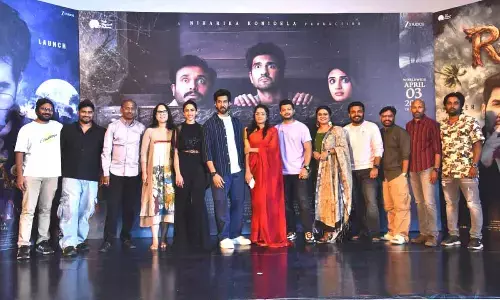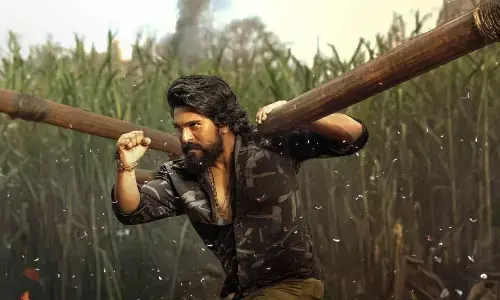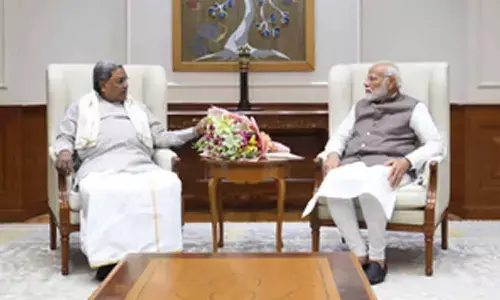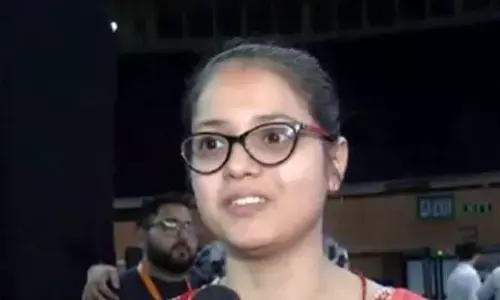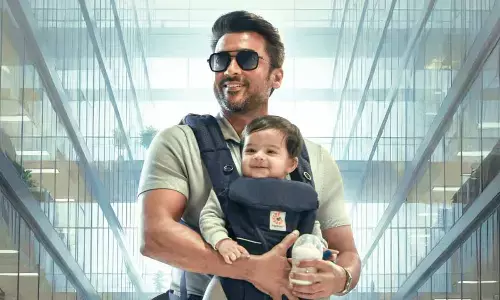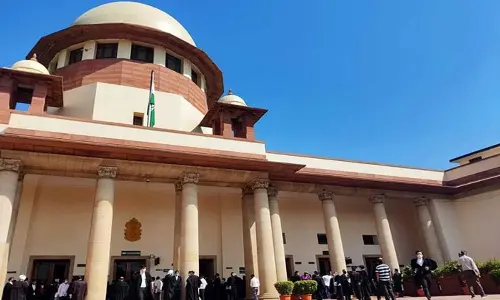Managing rapid changes in medical field
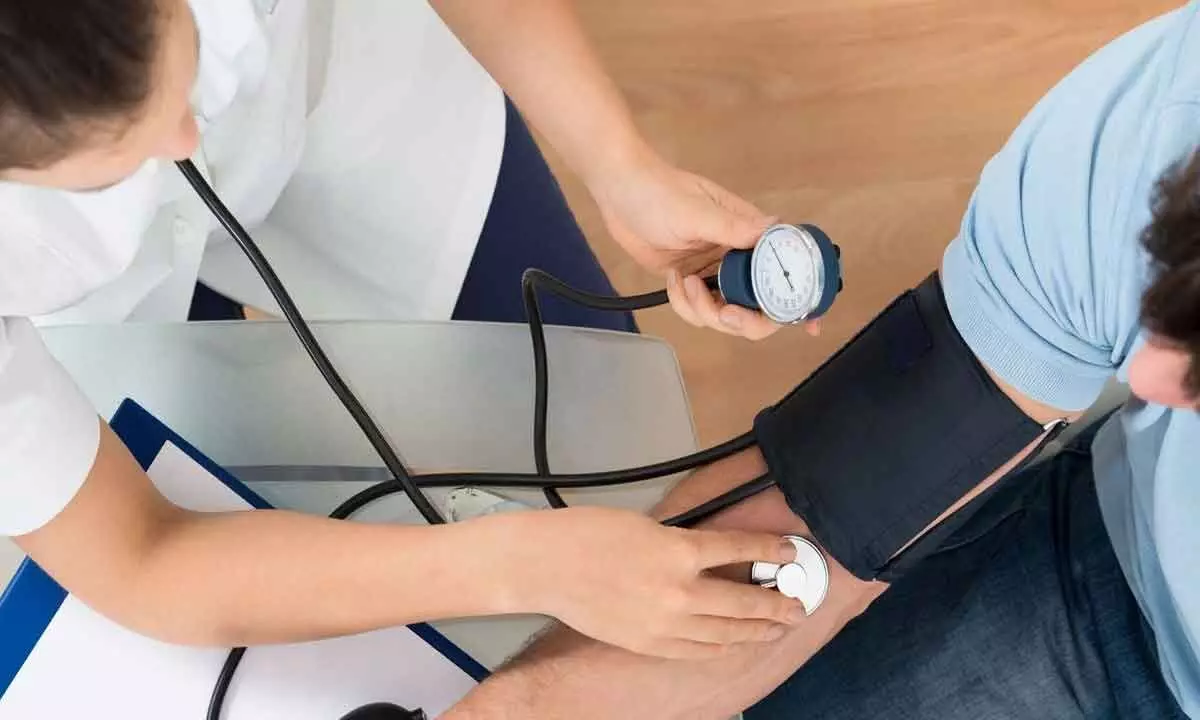
A care based on ‘Affordability, Availability, Accessibility and Acceptability’ needed
Recently, for a minor ailment in the family, for consultation and treatment, I had been to a General Physician, possessing an MD qualification, acquired six decades ago,with rich experience behind him in the medical practice including government service in a very senior position for over six decades. After detailed examination of pulse, chest, lungs, saturation levels, blood pressure, weight etc., all by himself using stethoscope and associated apparatus, the General Physician aged above 80 years, prescribed treatment. He being neither a Specialist nor a Super-Specialist, depended chiefly on clinical and physical findings instead of going for diagnostic tests. This however, is not the case with a specialist or a super-specialist doctor by and large, though there are fairly significant number of exceptions.
Consulting a specialist or super-specialist doctor and getting an appointment is a laborious process, often leading to righteous indignation. After paying sizable amount as consultation fee, and waiting for long hours, followed by BP, saturation, pulse rate, weight etc. checked by the paramedics outside the doctor's consultation room, the patient is let in. Despite governments providing these specialist services in a couple of hospitals, like for instance in Telangana, for reasons best known, patients still prefer private hospitals and specialist doctors. One reason could be availability of insurance-linked treatment, in case there is a necessity of hospitalisation either for surgery or medical requirement.
Barring very few, many specialists seldom use stethoscope or BP or any other medical apparatus (obviously no more required as in the past) by themselves. On hearing the health issue of the patient, specialist's immediate response is to suggest diagnostic tests. Reports brought by the patient are not considered by few, who insist on getting them done again either in their hospital or in the labs of their choice. There is every possibility of results varying from lab to lab sometimes!
The costs of the diagnostic tests are exorbitant and multiple times more than consultation fee. For instance, a PET (Positron Emission Tomography) scan costs anywhere around Rs 30,000 to 40,000, an MRI (Magnetic Resonance Imaging) around Rs 15, 000 and even a CT scan costs around Rs 10,000. Diagnostic services are provided mainly by private centers or made available in specialty hospitals. Though this facility is now available in government hospitals, for instance in Telangana State, there is an indispensability to establish diagnostic centers in public sector, in large numbers, with affordable or free of cost.
Specialists' treatment begins only after the reports come and mainly depending on interpretation of pathologist and radiologist. It is the general feeling of many patients that scan pictures or X-ray films are not even seen by some specialists. Some of the busy senior specialists engage an assistant doctor who record all the details of the patient including medical reports, before they see. Notwithstanding all this the best of the skills, knowledge, attitude being exhibited by majority of specialists is highly exemplary. But there are gaps!!! All this is a harsh reality and a necessary evil. What is good and what is bad in this, experts only have answer. It's true that only a technology-based health care would be the need of the hour.
The rapid changes in medical and health field, is a whole-hearted welcome feature, but the other side of this change is of a bit concern and often unpleasant too. About a few decades ago a majority of the medicos preferred to stop at MBBS or at the most MD or MS and used to choose either a government job or private practice. When patients came, right from checking pulse to every aspect of treatment was attended to by them personally, be it giving injection, seeing BP etc. Patient was immensely satisfied. Surgeries were also performed by a general surgeon. With the advent of specialist, super and multi-specialty doctors, the scene is changed. The joke is, even for right and left parts of the body there are separate specialists.
In this context, it is worthwhile to emulate experience of late Dr Y Radhakrishna Murthy (YRK), former Rajya Sabha Member, who practised for about six decades with just MBBS qualification in Khammam. He could attend to a variety of medical and surgical problems with just experience gained over a period and continuous education. When I was writing his biography, he told me that, in spite of rapid changes in treatment systems, of late, he had the satisfaction of providing the best of the medical care with the available facilities then.
YRK was the first doctor to perform tonsils operation and starting vasectomy operations in Khammam. Among other surgeries that he performed included, hydrocele, hernia, appendicitis, fractures, tumors etc., which are being attended to by specialists now-days. He did them without any problem. The cost of surgery was just Rs 25.There was no X-Ray facility, not to speak of CT scan, MRI, PET. At a time when other doctors were reluctant to treat Tetanus and Tuberculosis, YRK courageously admitted them in his nursing home. He also expressed displeasure over using multi-drug-treatment leading to resistance.
With available tests like X Ray, IVP (Intra Venous Pyelography) late Dr K R Prasad Rao, an illustrious surgeon five decades ago, with his MS qualification, heading the MGM Hospital and Kakatiya Medical College in Warangal, made a diagnosis of ureteric calculus with nonfunctioning small kidney on my wife. For further confirmation, she was referred to Dr GP Ramaiah, FRCS, a reputed surgeon in Hyderabad Fernandez Hospital with a specialist interest in Renal disorders on his own volition. He performed a Retrograde Pyelography. They decided to surgically remove the ureteric stone first and wait for some time in view of her young age (16) and do a nephrectomy later if the kidney remains non- functional. Accordingly, ureteric stone removal and a year later nephrectomy was done at MGM Hospital, Warangal.
Peeping into further past, there were times when villages had quacks in the form of RMPs who used to prescribe allopathy, ayurveda and homeopathy medicines. Fevers like influenza and malaria were treated by them by giving APC tablets and a mixture of colored water and sometimes injections. For serious cases patient was taken to the nearby town in the available transport facility, often a bullock cart accompanied by RMP doctor.
Days have changed and are changing rapidly. A large number of MBBS doctors, specialists, super specialists, multi super specialists, nursing homes, super specialty hospitals, multi super specialty hospitals etc., are available in private sector. Equally and even better than them, several of these specialist facilities are made available in public sector like in Telangana,free of cost. A large number of Basti davakhanas and Palle Dawakhanas have come up as in Telangana. All these provide free of cost primary, secondary and tertiary care to the patients. Several hospitals have facilities for diagnostic tests free of cost. There is an availability of qualified doctor these days everywhere in some form or other. It's like Alwyn Toffler's Future Shock.
While continuing to expand all kinds of hospitals, it may be desirable to create large number of dispensaries or clinics with General Physicians (Even Retired) to provide primary health care which large number of people normally require. Perhaps this may go a long way in bringing back the 'Family Doctor' concept with a personal touch. Why not try it?
It is not insurance-linked or dominated 'Expensive Health Care' for gifted few, that we need, but, a care with the philosophy of 'Affordability, Availability, Accessibility and Acceptability.' Health care facility of patient's choice is important. Although no one is interested in the methods and systems of treatment of the past good olden days, everyone prefers personal attention and touch to the extent possible. In the present-day, that this health care is certainly absent, with exceptions, is the general feeling of patients. It is urgent to fill this gap.


